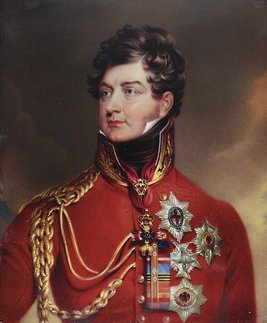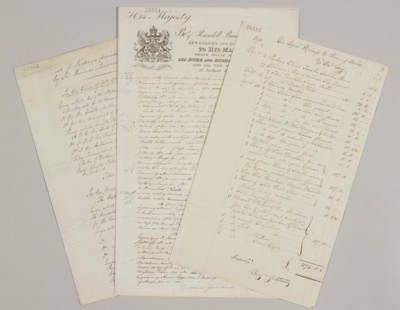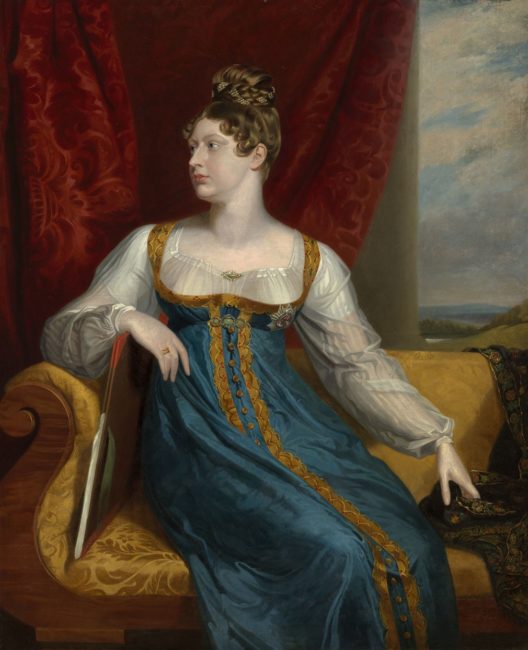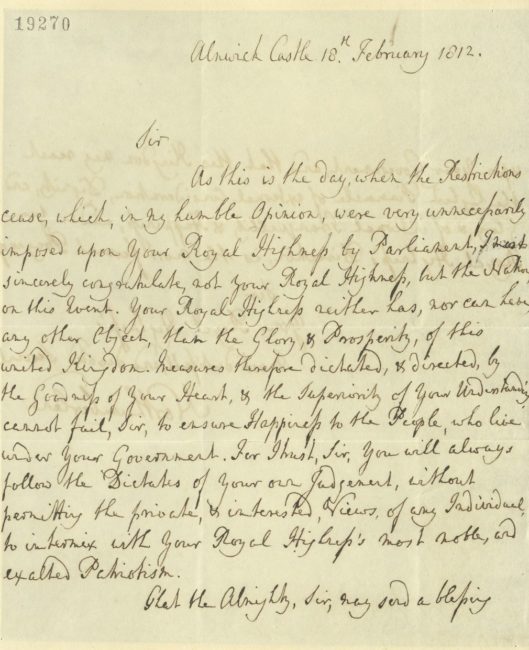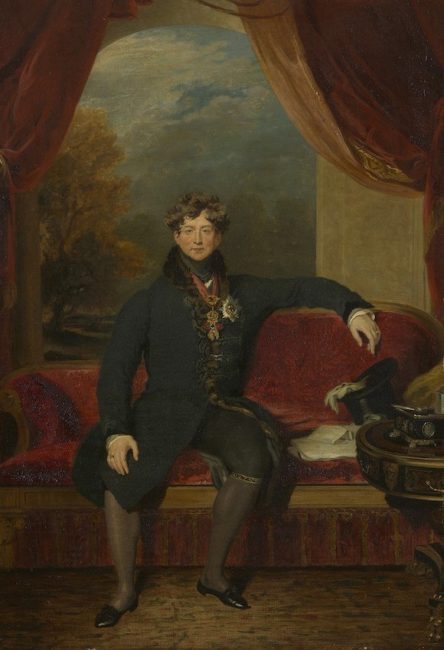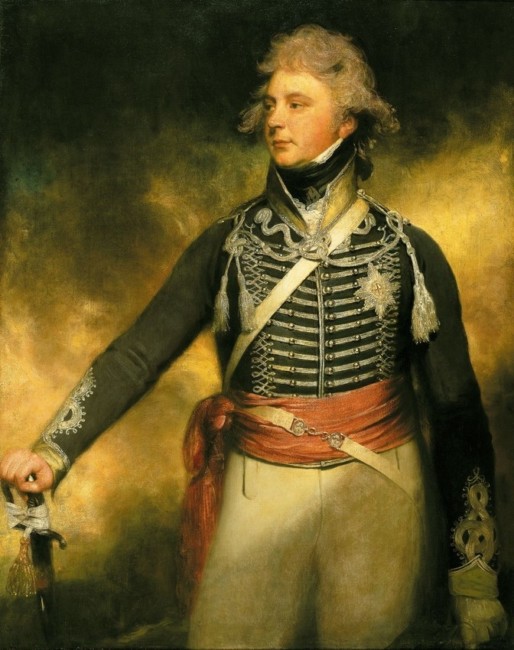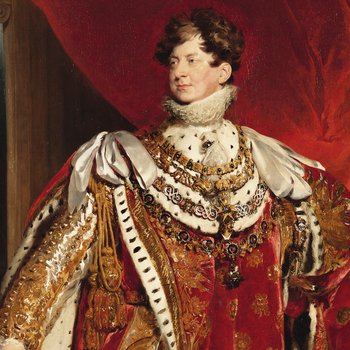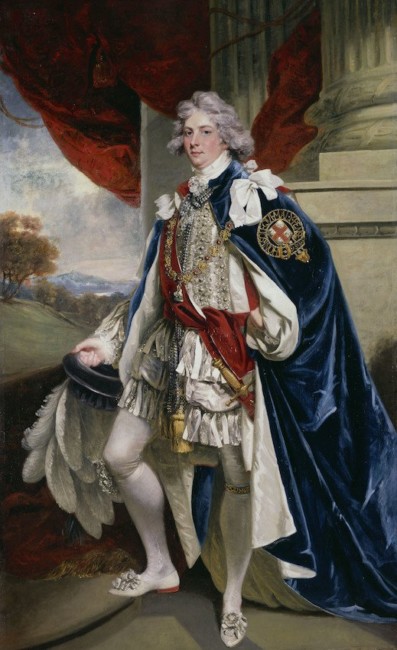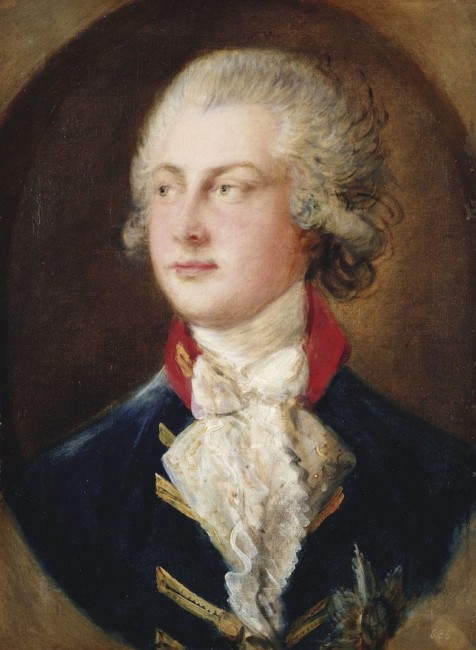In his will, George IV instructed his executors to review his papers and to preserve or destroy them as they saw fit. Given the unrestrained lifestyle he led as Prince of Wales, Prince Regent and as King, it is perhaps unsurprising that few of his private papers have survived in the Royal Archives.
The surviving material dates from his years as Prince of Wales and includes correspondence with his parents and siblings. This collection also charts the all too public failure of the Prince’s marriage to Princess Caroline of Brunswick, and includes papers concerning the upbringing and eventual marriage of their only daughter, Princess Charlotte.
George IV’s official papers, which date from his time as Regent between 1811 and 1819 and as King from 1820 to 1830, provide some information on the contemporary political climate, yet due to his comparative lack of interest in matters of state and foreign affairs, are far less rich than the official correspondence of his father, George III.
The accounts of George IV, however, are particularly significant and valuable, illustrating his passion for collecting expensive works of art and his extravagant tastes in furniture and furnishings. Dating from the 1780s, when the young Prince first began collecting, to the King’s death in 1830, when his executors were faced with
numerous unpaid bills, these Privy Purse accounts were meticulously kept and amount to thousands of documents. Purchases of paintings by artists such as Sir Thomas Lawrence, Thomas Gainsborough and Caravaggio, works of art in gold and silver plate, porcelain, jewellery, clocks, sculpture, furniture and furnishings all feature in the King’s accounts.
Other purchases recorded in these financial accounts include books and newspapers, prints and enamels, uniforms, arms and armour, and musical and optical instruments. The papers also provide details of the upkeep and luxurious decoration of George IV’s residences during his lifetime – Brighton Pavilion, Carlton House, Royal Lodge and Windsor Castle – and accounts relating to his interest in horses and racing.
Bills relating to George IV’s purchases of furniture, lighting, clocks and linen are currently included in Georgian Papers Online.

